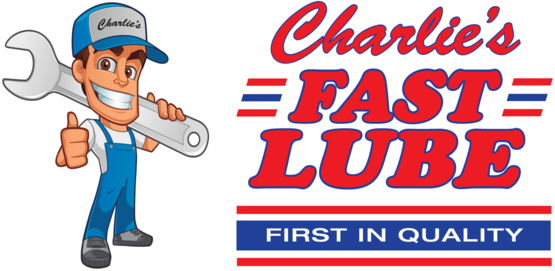This page provides answers to some of the most frequently asked questions about vehicle repair and service. We've thrown in some of our favorite tips and recommendations, too. Please call us or consult our Contact Us page for answers to your specific questions. We are happy to assist you!
- If I don't take my car to my car dealer for maintenance or repair will I void my warranty?
- Why does my vehicle's maintenance schedule recommend so many fuel system services?
- Is it really necessary to replace my timing belt at the recommended interval?
- What is the difference between maintenance and safety?











